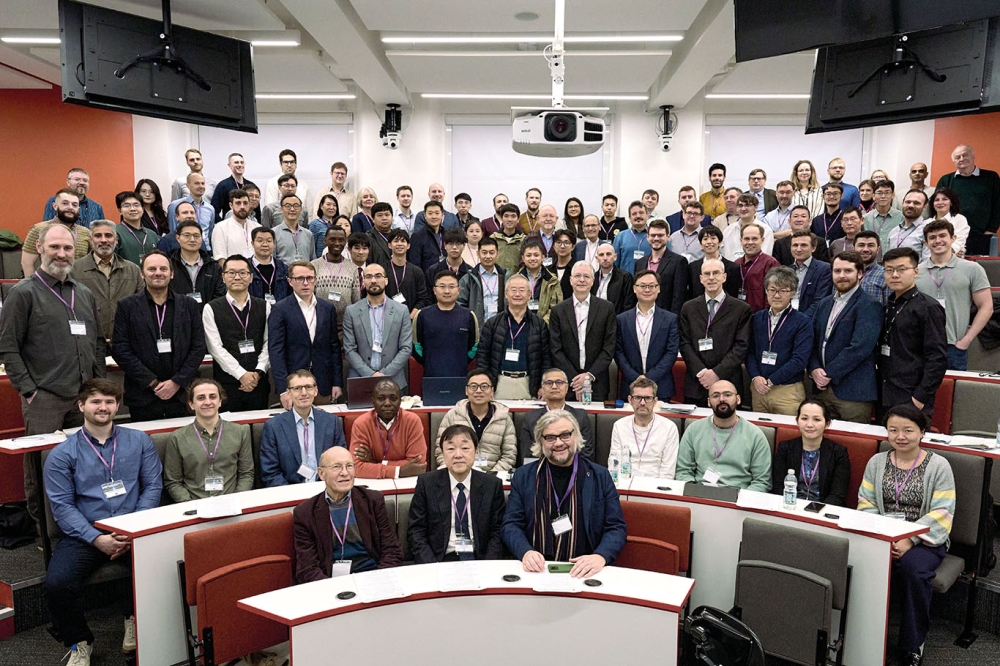RFMD shelves transceiver development
RF Micro Devices is to cease development of transceivers for next-generation handsets and sell off its GPS solutions business, reducing its headcount by 350 employees.
The GaAs chip maker estimates that the move will save it $75 million annually, largely from the decision not to plow research resources into development for broadband wireless transmission protocols, like wideband CDMA, Long-Term Evolution (LTE) and WiMAX.
Although the move will cost $40 million-$50 million in restructuring charges, RFMD should begin to reap the full financial benefit of stopping research on transceiver components, which have typically been fabricated in CMOS and SiGe, by the end of 2008.
The Greensboro, North Carolina, company will now refocus those resources on its more profitable compound semiconductor RF components businesses.
"[Transceivers] hid the amounts of money we re making in other parts of the business," said Bob Bruggeworth, RFMD s CEO. "We said given the amount of money we're spending on transceivers, we'd be better off spending that in other areas, where we've demonstrated we get better returns, without the uncertainty and risk."
RFMD will continue to sell transceivers, so the company expects minimal impact on its overall sales. Indeed, it still expects to see its Polaris 2 and Polaris 3 transceiver modules feature in handsets that are yet to hit the market.
However, the fast pace of development in wireless technology will likely mean that customers will stop buying RFMD s transceivers within three years. Development will continue for integrated front ends, with a focus on GaAs rather than transceivers, that could feature in future handsets.
For the GPS business, RFMD has already engaged with potential buyers for whom the technology would be a strategic fit, and is currently in negotiations over the transaction.
The company s shift in strategy came on the back of a $31.6 million loss in RFMD s closing quarter of fiscal year 2008, a figure that compared badly with the $21.4 million profit that it had posted in the same period last year.
But Bruggeworth anticipates that the latest move will bring about a much more profitable company. He described the decision to drop transceivers and GPS as "a very significant event that positions RFMD to deliver the largest increase in profitability in our company's history".
Investment analyst John Lau, of Jefferies and Company, agreed with Bruggeworth s outlook, saying that the company should now be significantly more efficient.
"We believe this is one of the most fundamental shifts in product focus for RFMD and will lead to greater profitability going forward," he said.































